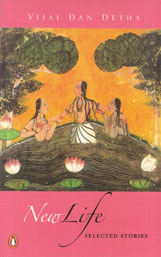Search This Blog
There's never a rainbow unless there's rain. And sunshine. Life's like that. rain and sunshine. Highs and lows. Bitter-sweet and sweet-sour. Varied experiences that all add up to a celebration of being alive. A look at life ... existence... art... music... fragmented rainbows !!! DO LEAVE A COMMENT WHEN YOU VISIT
Posts
Showing posts from February, 2011
How Little Zach became a Mathematical Genius
- Get link
- X
- Other Apps











